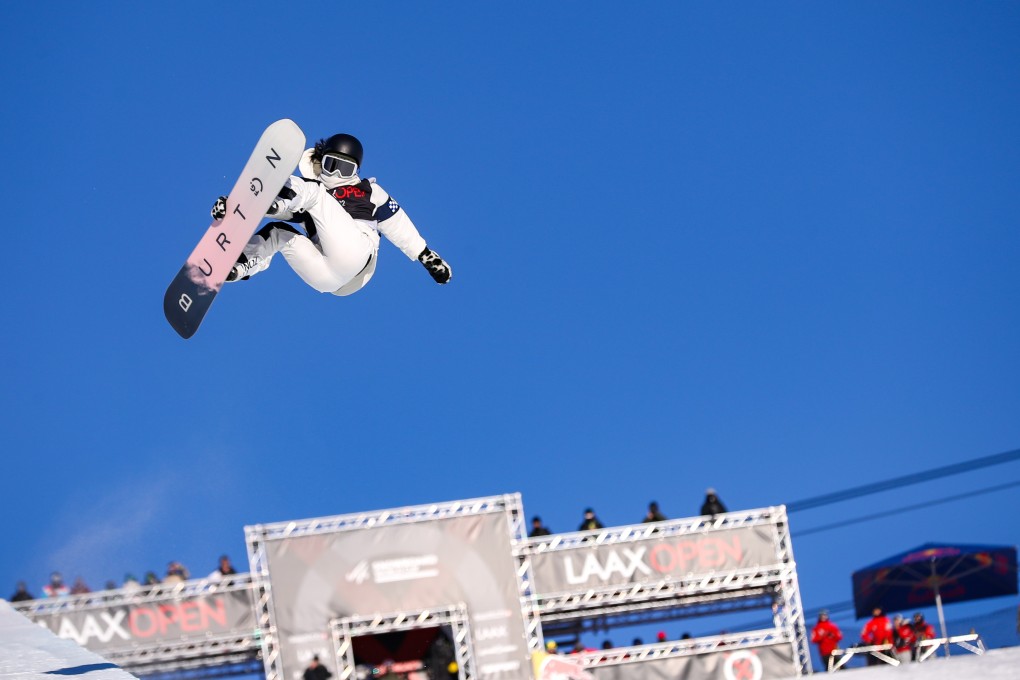China predicted to have best Winter Olympics ever, with Norway tipped to top medal table ahead of Russia and Germany
- Research data group Nielsen Gracenote says China could win 13 medals, including six golds
- But a lack of data on athletes’ performances during coronavirus pandemic means forecast could be ‘on the low side’

China could have its best Winter Olympics ever while Norway is expected to win the most medals in Beijing, a data research group has predicted.
Nielsen Gracenote said the hosts could secure as many as 13 medals, including six golds, which would beat China’s previous best of 11 medals and five golds at the 2010 Games in Vancouver.
But analysts said the country could have even more success this month, adding a lack of data on how its athletes performed from February 2020 to this winter sports season could mask “even more medal improvement”.
“During the 2020-2021 winter sport season, the only Chinese competitors were figure skaters and freestyle skier Eileen Gu, who is based in the United States. No other country has as little data for that season than the host nation,” Gracenote said.

Medals are expected for the likes of Eileen Gu and Xu Mengtao in freestyle skiing, and Cai Xuetong in snowboard, with short track and speed skating also predicted to be areas of success.